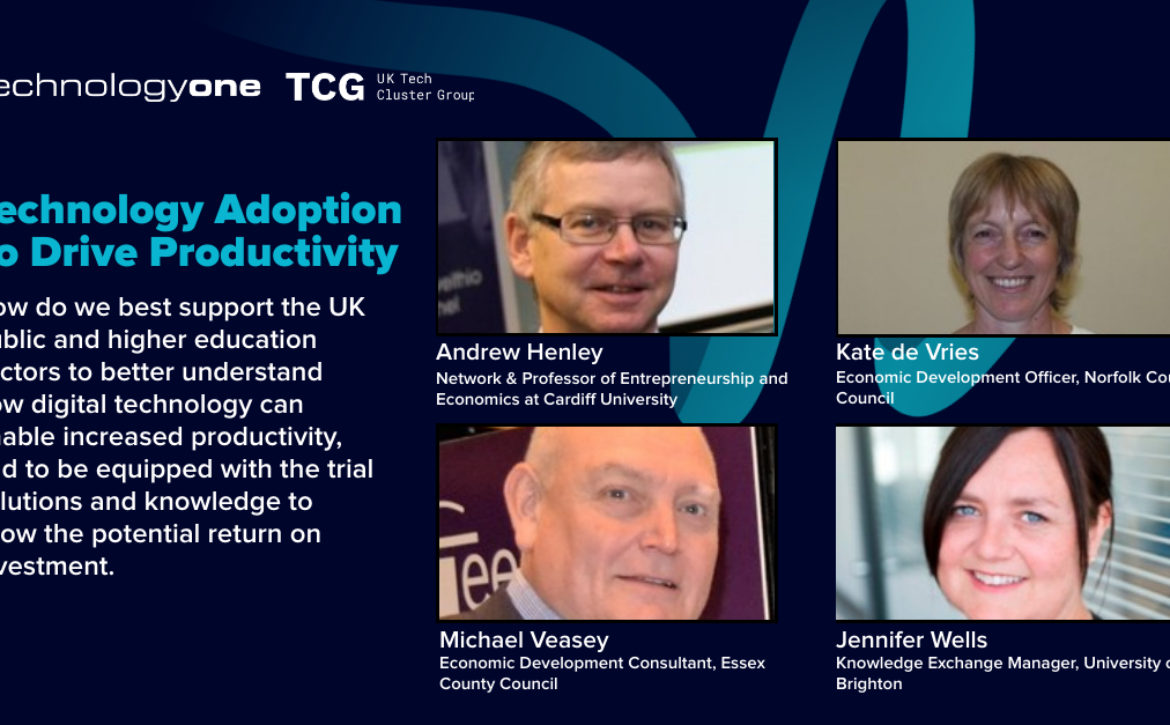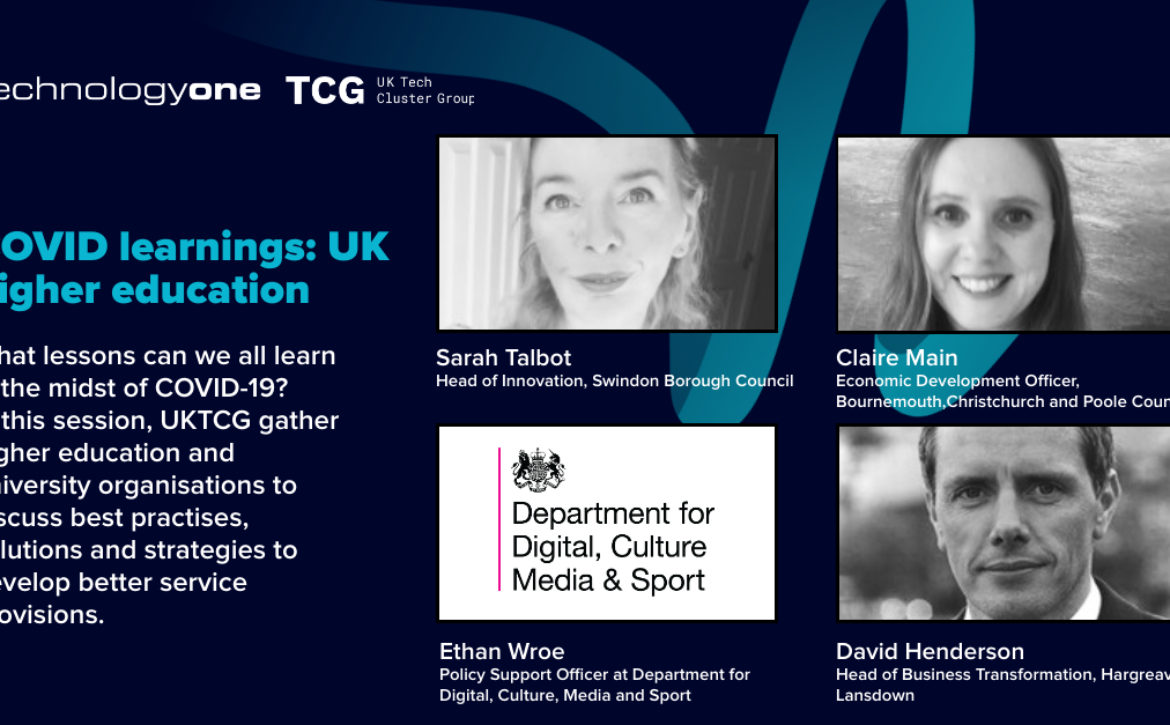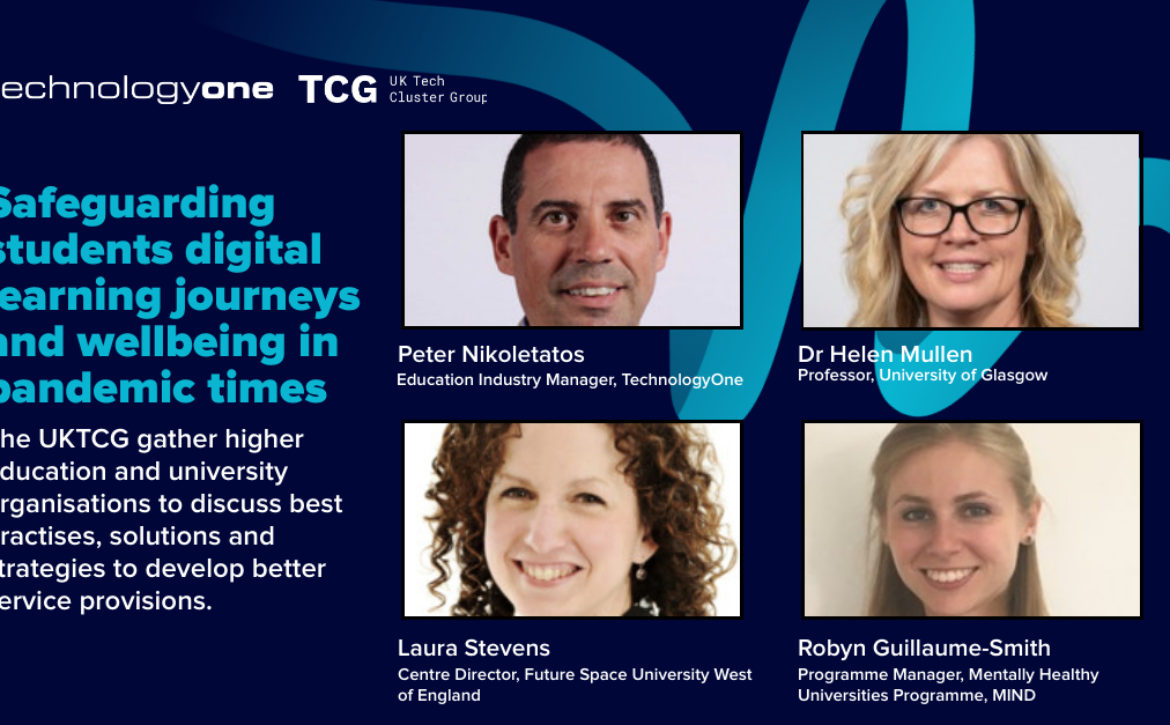It’s fair to say that Talent Fest 2020 wasn’t the festival we were expecting to deliver. For the past three years, we have developed a successful model for delivering a week-long digital skills festival and grown it to be the largest in the South East.
In March, when it became clear that running a physical festival as we have in past years would not be possible, we had to pivot to a virtual festival in a matter of weeks. What we ended up with was not only something that still delivered on all of our goals, but which also helped us reach new audiences, be more inclusive and brought us together at a time where community and support is needed more than ever.
Luckily at Wired Sussex we have spent years working with innovators and startups at The FuseBox and so we are used to pivoting, rapid prototyping and experimenting, and we were able to apply this approach to our festival.
That’s not to say that it was easy, or perfect, but I thought it might be helpful to share some of the lessons that we learnt along the way.
Focus on the “why”
Start by focusing on what problem you were trying to solve for your attendees – not what event you were going to run for them. Once you are clear on the benefits of the event for your audience, then you can think about how to deliver on that.
Find the non-negotiables
What are the crucial elements that have to happen, no matter what? Focus on what’s a fundamental part of the event’s DNA and the key to its success. This might be there must be time for everyone to introduce themselves at the event, or that your talks have to happen live. Whatever it is, make sure that you are clear and that you have a plan on how to deliver on that.
Explore the platforms
There are lots of platforms available to host your events. 2 key considerations when choosing the platform; firstly, what works for your content/format but also (and perhaps more importantly) what is the most user-friendly for your audience.
Pivot!
You are basically innovating and prototyping new formats as you go. This means that you have to be agile. Your plans might change (often). Try to embrace this.
Don’t cut corners on accessibility and inclusion
Moving events online allows you to be more inclusive and attract more diverse audiences who might not otherwise be able to attend your events. Make sure that you are following best practice around your content and provide an anticipatory welcome to your attendees.
Plan for technical disruption
Technical difficulties are a known major risk factor. They can affect the whole of your event or specific individuals who are having problems connecting. There are a couple of ways that you can mitigate against this. If you are hosting an online event, you can ask a colleague to also join the call so if your internet cuts out there is still a member of your crew available.
It is more tricky to support attendees who are having technical issues. You could send out information before the event of helpful hints and tips to attendees (although most of us are getting up to speed with how the tech works). Or you could have a member of your team available as “tech support” who attendees can contact if they are having problems. That leaves you as the host to focus on the content.
Timing
Think about the scheduling of your event. Does it still make sense to host it at the same time as you historically have? If it’s not live, does it have to be for a set time period or can the content be available for a whole day/week? Making your event available for an extended period makes it more accessible – our lives don’t typically followup 9-5 at the moment, and it is good to allow people to engage as their schedule allows.
Also, think about the duration: often the longer the event the bigger the drop-off is, so think about how long you want your event to be. Does it all need to be one event, or could you spread it across a few events?
Accept that it will be messy
For any large event, it is going to be difficult to test at scale, so you are basically going “live”, untested. This means that there may be a few hitches. Obviously, try to mitigate against this. Run through risk assessments and think of contingencies. But also remember that, generally, your audience is on your side – they aren’t necessarily going to be expecting a perfectly produced slick production, they want the learning from the content so make sure that is first and foremost in your mind.
Brief your contributors
This is a new world for a lot of us, and clarity is as important as ever. Write briefs for your contributors. Be clear about what you want from them, how it will work, what the formats and platforms are, when you need it by, who the audience is. Send these to speakers, contributors and staff.
Everyone has their own stuff going on
When you are rushing and against deadlines, it can be frustrating waiting for responses/content from contributors. But remember, whilst the event might be your top priority, this is just one thing out of a whole bunch of things that are on your contributors’ plates.
Be clear about what you need, by when, but also plan for the fact that you might not get this. A way to mitigate it is to increase the number of contributors you have involved with your event, and then if someone can’t deliver to your timeframes, you should still have plenty of content.
Also, don’t take this personally, be polite – there are other opportunities to work together at a mutually convenient time.
“Sync”
If you are working with other team members on the event, make sure that you are in sync with one another. You will come up against multiple tight and conflicting deadlines, and you need to collaborate to hit these. Up your communication. Have virtual stand-ups to check in on one another. Maybe introduce what Bruce Daisley referred to as “burst-mode’ in his keynote at the Skills Summit. Make sure that you are in sync on this and know what each other need. Be compassionate with each other. The same as your contributors, your team with have lots going on. Support them and collaborate.





